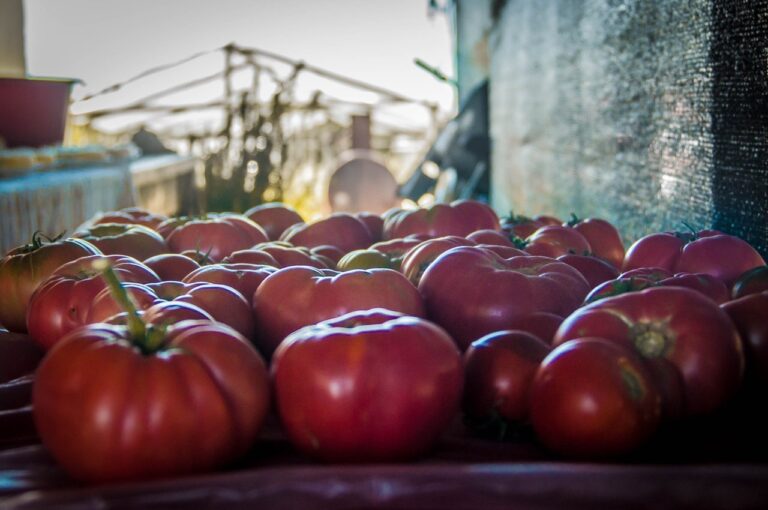In recent years, Uruguay has experienced an increase in demand and production of organic food. This growth is due to consumer concern about the quality and origin of the food they eat.
Trends. In 2023, trends in Uruguayan organic food production are expanding, including product diversification, incorporation of sustainable technologies and export expansion.
Product diversification
Fruits and vegetables. The production of organic fruits and vegetables has increased thanks to the interest of consumers in consuming fresh and healthy products.
Dairy. More organic dairy products, such as milk, yogurt, cheese and dulce de leche, have begun to be produced.
Meats. Organic meat production has grown due to the demand for meat products from animals raised in more ethical and sustainable conditions.
A special mention must be made of the frank growth of areas devoted to the cultivation of organic cerealsas well as considering the rise of the organic beekeeping production. Further on, we refer to the benefits of consuming organic food, produced in agricultural production units or processed by agroindustries.
Sustainable technologies
The adoption of sustainable technologies in organic food production is a growing trend in Uruguay in 2023. These technologies include efficient irrigation systems, renewable energy and cultivation techniques that reduce soil erosion.
Export expansion
The increase in the production of organic food has also led to an expansion in the export of these products to other countries, especially to the United States. Europa and United Stateswhere demand for organic products is high.
The production of organic food in Uruguay has experienced significant growth in recent years, thanks to increasing consumer demand for quality and sustainable products.
Benefits of consuming organic food
Organic foods offer a number of health and environmental benefits.
- Healthy. These foods do not contain toxic residues of pesticides and other chemicals, which can cause chronic diseases.
- Sustainable. Their local production reduces environmental impact, since resources such as oil or fossil energy are not used for their production and transportation. In addition, they contribute to biodiversity conservation and protect the health of producers, workers and the communities near the cultivation areas.
- Nutritious. They are tastier and more nutritious, as they are grown more naturally and enrich the soil with nutrients. This helps reduce soil erosion and improve water quality, benefiting wildlife.
Standards for Organic and Integrated Farm Production (external web link)






